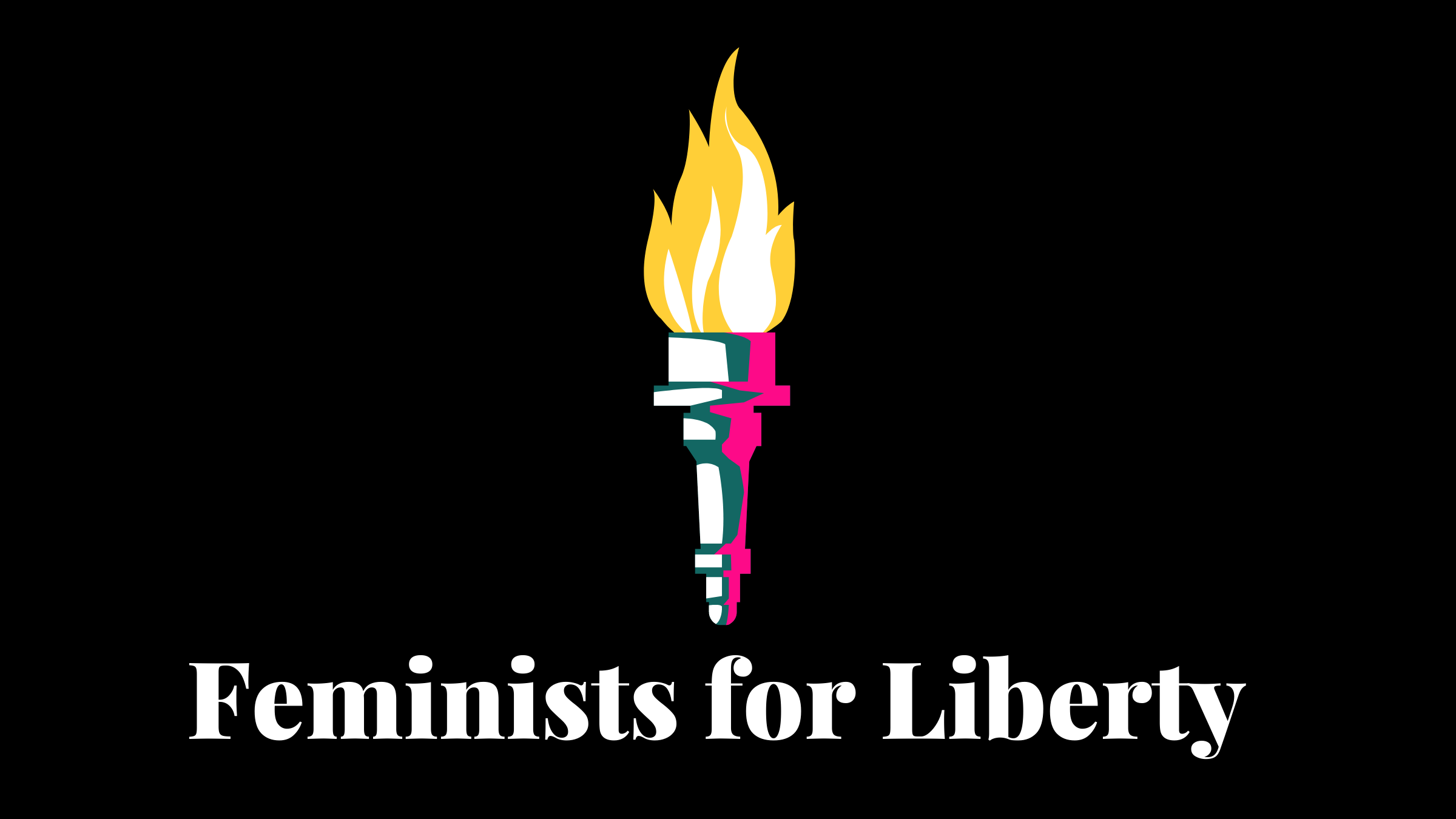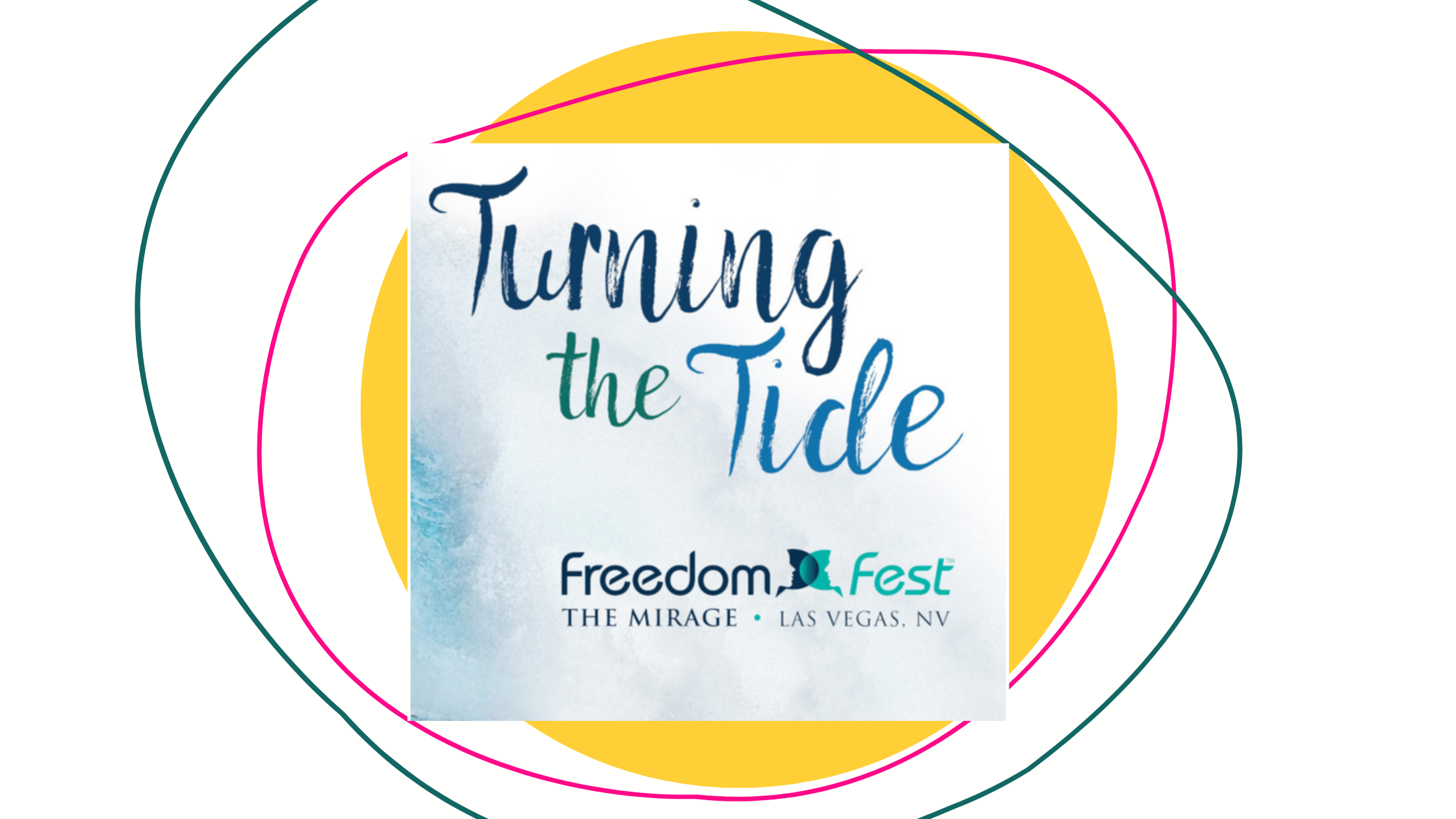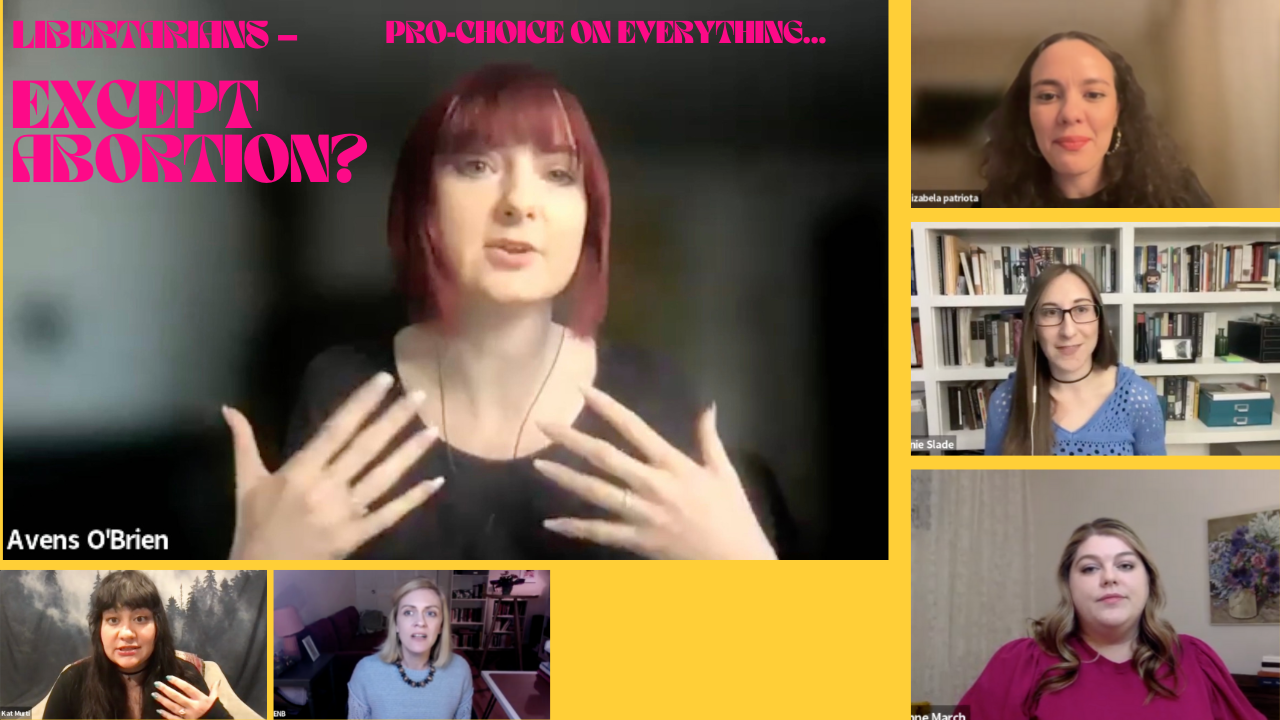
It’s not uncommon to hear people criticize today’s dominant strain of U.S. feminism by invoking a comparison to women’s rights activism a century or more ago. These women fought for equal rights, not special privileges, they say. “First Wave” feminists of the 19th and 20th centuries wanted the right to vote, the right to hold property, and some basic bodily autonomy. Second Wavers wanted birth control, higher education, and jobs. Cool cool cool. It’s supposedly just since then that U.S. feminism went astray.
Nothing is that simple or linear, of course. There have always been feminists who follow a classical liberal or libertarian tradition, and there have always been feminists who look at things through an intersectional lens (even if those wouldn’t have always been the terms used). And for just as long, other women’s rights campaigners were more myopic— focusing narrowly on the needs and narratives of a select class of (wealthier and white) women—and/or more interested in using laws and government to broadly remake society by force.
The past 200 years of U.S. feminist history is more a waxing and waning of these factions (and a warring for control) than a tale of once righteous activism now gone hopelessly awry.
Many earlier feminist factions pushed for equality on a natural-rights basis and worked with other marginalized groups fighting for equality. They wanted the law to simply not discriminate based on sex or skin color and ethnicity. But other women’s groups and activists sought entry into voting booths and workplaces by leaning into stereotypes of the female sex as being more virtuous, ethical, and nurturing than men. This side sold women’s suffrage and advancement as some sort of inherently civilizing (and unified) force—one that could counter the courser and more selfish “male element” and, specifically, the influence of black and immigrant men.
As we celebrate the centennial of the 19th Amendment—passed August 18, 1920—granting voting rights to many U.S women, it’s a good time to reflect on how suffragists embodied both the best and the worst of women’s rights activism in the U.S.
Please join us on August 18, 2020, for a discussion of divides in the suffrage movement, the goals of “First Wave” feminists, the early effects of women voting, the evolution of women in politics, and how some groups of Americans are still disenfranchised and discriminated against in electoral politics today.



